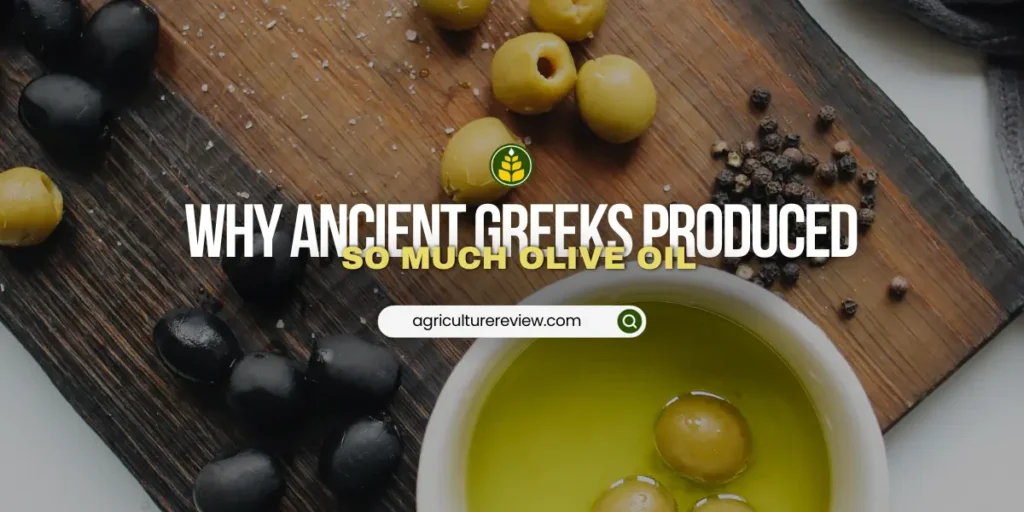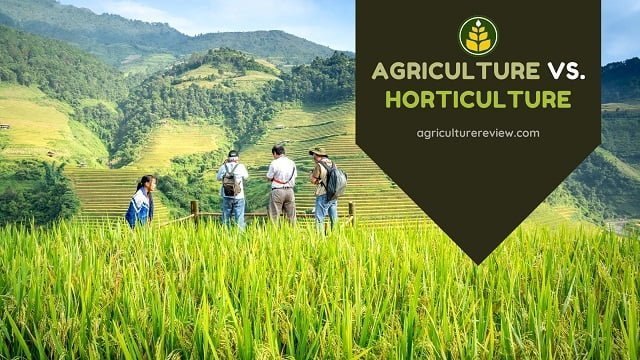The ancient Greeks produced so much olive oil because it was relatively cheap to produce and had many uses such as for cooking food, as skin lotion and medicine, to prepare perfume, etc. Moreover, the olive tree and its fruit were considered sacred and used in rituals.
The Mediterranean climate and rocky and well-drained soils of ancient Greece also played a significant role in the cheaper production of olive oil. That’s why it became a valuable commodity for trade in ancient Greece and due to the economic benefits of olive oil, production increased.
5 Reasons Why Ancient Greeks Produced Olive Oil

- Climate: The climate of Greece is warm with dry summers and mild winters, thus it favors the cultivation of olive trees but due to the rocky, mountainous terrain, limited arable land, and inadequate rainfall cultivation of other important crops was not possible easily.
- Soil: The soil of Greece is poor, rocky and well-drained which is good for the growth of olive trees, thus farmers in Greece started planting olive trees.
- Cultural Importance: Olive oil was not only used for cooking in ancient Greece but also had religious and symbolic significance. Athletes used to rub it all over their bodies.
- Culinary Significance: Olive oil is high in healthy monosaturated fats and antioxidants, that is why it has been used in ancient Greece for cooking food.
- Trade and Economy: Because of the low production cost and health benefits, it became a valuable commodity for trade in the ancient world. That’s why due to demand, the production increased. Still, at present, Greece is the third largest producer of olive oil in the world.
FAQ
Greece is a peninsula because it is a body of land that has water on three sides and is connected to the mainland on one side.
Farming in ancient Greece was difficult because of rocky, mountainous terrain, soils with low fertility and inadequate rainfall.
If you have any queries, ideas or suggestions, then please comment below. You can also connect with Agriculture Review on Facebook, Instagram, Koo and WhatsApp Messenger.





